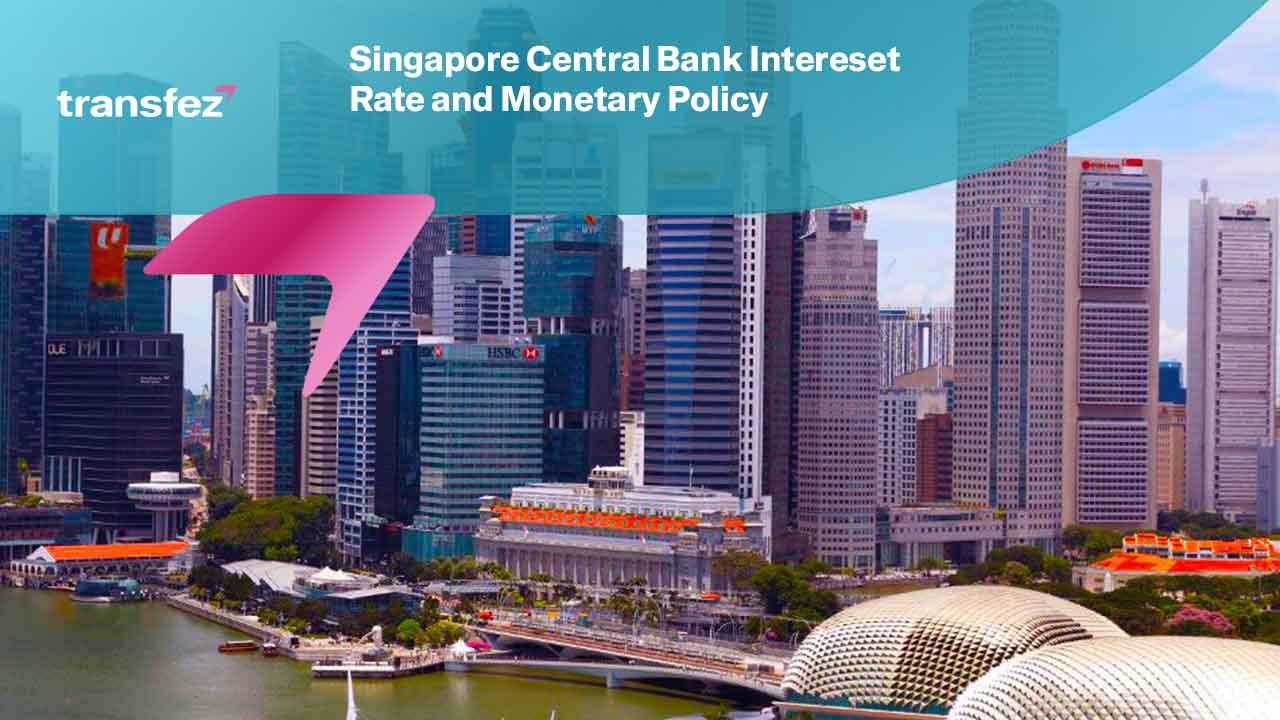
Speaking of Singapore Central Bank, of course, it will be related to the Monetary Authority of Singapore. These two things are interrelated and have a similar position. So of course one with the other is tied together.
However, there are still many ordinary people, both in Singapore and outside the country, who are not familiar. So that information about Singapore Central Bank is quite necessary. For those who want to know what the details are like, here is some information about it.
See also another Singapore Articles from Transfez
Top Singapore Culture Shock for Expatriates
Top Reasons Why Singapore Expats Love The Country
Overview of Singapore Property
All You Need to Know About Singapore Education
Expat Health Insurance in Singapore
6 Main Tax Tips for Expat in Singapore
The Best 10 Singapore Technology Companies
Top Three Singapore Technology University to Study With
Singapore Culture and Traditions

About Singapore Central Bank
Singapore Central Bank and financial regulatory authority. It is in charge of enforcing the many laws governing money, banking, insurance, securities, and the financial industry in general, as well as currency issues.
It was founded in 1971 to serve as the Government of Singapore’s banker and financial agent. It is in charge of developing Singapore’s monetary policy as well as promoting a secure and healthy financial system inside the country. It is also the exclusive issuer of Singaporean banknotes, offers banking and money management services to the government, and lends money to Singapore’s financial institutions.
History of Singapore Central Bank
Singapore’s evolving banking and monetary environment necessitated a more dynamic and cohesive monetary administration. As a result, the Singapore Parliament approved the Monetary Authority of Singapore Act in 1970, resulting in the establishment of the MAS on January 1, 1971. The statute empowers the MAS to oversee all aspects of monetary policy, banking, and finance in Singapore.
The MAS is unique among central banks across the world in that it is not independent of the executive arm of the Singaporean government; MAS chairmen frequently come from the same political party as the government. The previous chairman was either current or previous Finance Ministers, or former Prime Ministers or Deputy Prime Ministers of Singapore.
See Video How To Easily Send Money International with Transfez

Singapore Central Bank Avoid Inflation After COVID 19
Singapore Central Bank tightened monetary policy in an out-of-cycle move, as global supply limits and robust economic demand raise inflationary pressures throughout the region. The city-trade-dependent state’s economy is particularly vulnerable to global inflation swings. While the central bank’s unexpected action comes as pricing pressures cause concern among policymakers elsewhere in Asia.
Singapore’s economy is predicted to grow 3-5 percent this year, unchanged from previous projections. Singapore will unveil its annual budget at the same time the government is likely to reveal the timing of a planned increase in the goods and services tax.
The city-economy state’s increased at its best rate in almost a decade in 2021, rebounding from a record 5.4 percent drop in 2020. Over the previous two years, the government has spent more than S$100 billion to protect its economy from the effects of the epidemic.
Instead of interest rates, the MAS administers policy by allowing the local currency to grow and fall within an agreed band versus the currencies of its primary trade partners. It modifies its policy using three levers: the policy band’s slope, midpoint, and breadth.
The Main Roles of Singapore Central Bank
Macroeconomic Policies
Close collaboration with a technically and strategically competent government may also be advantageous. Singapore’s rising population and limited availability of fresh land, along with a prolonged period of supportive monetary policies in developed countries, would imply that its housing market is prone to price bubbles. However, none have yet materialized, owing in part to macro prudential regulations.
Singapore Central Bank tightened loan-to-value limitations in response to a fresh bout of price hikes, increasing transaction volumes, and aggressive land bids by property developers, demonstrating its commitment to maintaining a sustainable real estate market.
It was the most recent of a series of macro prudential measures enacted since 2010, frequently in tandem with fiscal and land-supply policies overseen by other government bodies.
Supervision and Enforcement
Singapore Central Bank has made significant progress in terms of supervision, resolution, anti-money laundering, enforcement, data analytics, and technical monitoring.
It established a specialized anti-money laundering section in 2016, leveraging data analytics for risk surveillance and conducting on-site inspections, to enable a sharper focus on countering money laundering and terrorism funding.
It also centralized and enhanced its enforcement duties in the same year, creating a new enforcement section to improve its investigation powers.
Capital in Liquid Form
In general, Singapore Central Bank has a solid recent record of supervision, particularly in light of the Lion State’s tremendous development in the financial sector over the last 20 years. While Southeast Asian banks did not embrace the buy-and-distribute strategy used by US and European banks in the run-up to the global financial crisis, Singapore’s success is also attributable to the cautious regulation and capital criteria.
Fintech Concentration
Singapore Central Bank has also established a behavioral sciences section to use approaches from behavioral psychology to improve the efficacy of consumer regulations and to examine the risk culture and conduct of large financial institutions monitoring. It has set up a technology risk supervision department to handle the potential dangers created by the increasing use of technology in the financial sector.
Download Transfez App
Transfez App can help you transfer money abroad more quickly and efficiently. Transfez Business can also help your business in making transactions abroad. For those of you who want to send money to relatives who are abroad because they are studying, working, or traveling, Transfez will be ready to help. This app is available on Android as well as iOS.
Those are some information related to Singapore Central Bank. From the history and its monetary policy in the country. Having good regulation throughout the central bank, it monitors the country’s economy well. Furthermore, it can help many Singaporeans in terms of various money services as listed above.











Recent Comments